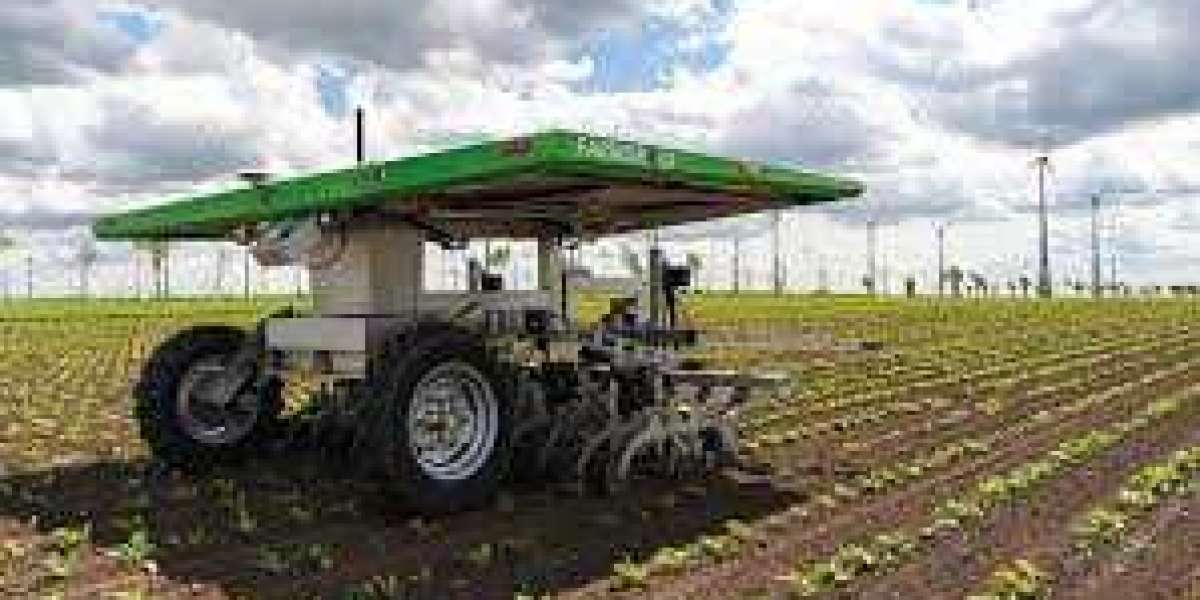Managing refuse effectively is a critical component of maintaining a safe, clean, and compliant property under the Housing Health and Safety Rating System (HHSRS). Landlords and property managers are responsible for ensuring proper waste management to protect tenants' health and safety. At HMO Horizon, we offer expert guidance on achieving high standards of cleanliness and refuse management.
Why Refuse Management Matters Under HHSRS
1. Health and Safety
Poor waste management can lead to:
- Pest infestations (e.g., rodents, insects).
- Spread of diseases from decaying waste.
- Foul odors that affect tenant well-being.
2. Regulatory Compliance
HHSRS assesses risks related to refuse and cleanliness. Non-compliance can result in fines or legal consequences for landlords.
3. Tenant Satisfaction
Clean and well-maintained properties lead to happier tenants and improved retention rates.
Common Refuse Management Challenges
1. Overflowing Bins
Inadequate bin capacity or irregular waste collection leads to refuse buildup.
2. Improper Waste Segregation
Tenants may fail to separate recyclables from general waste, leading to environmental and legal concerns.
3. Lack of Tenant Awareness
Tenants may not understand their role in maintaining cleanliness and proper waste disposal.
4. Pest Attraction
Unsecured waste bins can attract pests, leading to further health hazards.
HHSRS-Compliant Refuse Management Tips
1. Provide Adequate Waste Disposal Facilities
- Install separate bins for general waste, recyclables, and food waste.
- Ensure bins are of sufficient size to handle the number of occupants.
2. Schedule Regular Waste Collection
- Partner with reliable waste management services.
- Set up a clear collection schedule and inform tenants.
3. Educate Tenants on Waste Management
- Provide guidelines on waste segregation and disposal.
- Use visual aids like posters in common areas.
4. Secure Waste Storage Areas
- Keep bin areas clean and well-maintained.
- Install lids on bins to prevent pests and odors.
5. Monitor and Inspect Regularly
- Conduct regular property inspections to identify waste management issues.
- Address any problems promptly to maintain compliance.
6. Address Overflow Issues Promptly
- Arrange for extra collections during peak periods.
- Ensure bins are emptied before they reach capacity.
7. Implement Recycling Programs
- Encourage tenants to recycle by providing clear instructions.
- Collaborate with local authorities for recycling initiatives.
How HMO Horizon Helps You Stay Compliant
At HMO Horizon, we understand the challenges of refuse management and provide tailored solutions to ensure HHSRS compliance:
- Comprehensive property inspections to assess waste management practices.
- Recommendations for improving waste disposal facilities.
- Guidance on tenant education and engagement.
- Pest control services to address refuse-related infestations.
Benefits of Proper Refuse Management
1. Healthier Living Environment
Proper waste management minimizes health risks and promotes tenant well-being.
2. Reduced Pest Infestations
Secured and timely waste disposal prevents pests from thriving.
3. Enhanced Property Appeal
Clean and well-maintained properties attract high-quality tenants and boost rental income.
4. Legal Compliance
Meeting HHSRS standards protects landlords from legal and financial repercussions.
Conclusion
Refuse management is a fundamental aspect of maintaining safe and habitable properties under HHSRS. By implementing effective waste management strategies, landlords can ensure compliance, enhance tenant satisfaction, and preserve property value. Trust HMO Horizon for expert guidance on managing refuse and cleanliness. Call us at 07872076460 for professional assistance today.
FAQs
1. Why is refuse management important under HHSRS?
HHSRS requires landlords to address refuse-related risks to ensure tenant health and safety and comply with legal standards.
2. What are the consequences of poor refuse management?
Overflowing bins and unsecured waste attract pests, spread diseases, and result in legal penalties for landlords.
3. How can tenants contribute to effective refuse management?
Tenants should follow waste segregation guidelines, dispose of waste properly, and report issues promptly.
4. What services does HMO Horizon offer for refuse management?
We provide property inspections, tenant education, pest control, and tailored waste management solutions.
5. How often should waste storage areas be inspected?
Inspections should be conducted regularly, ideally monthly, to identify and address issues early.






